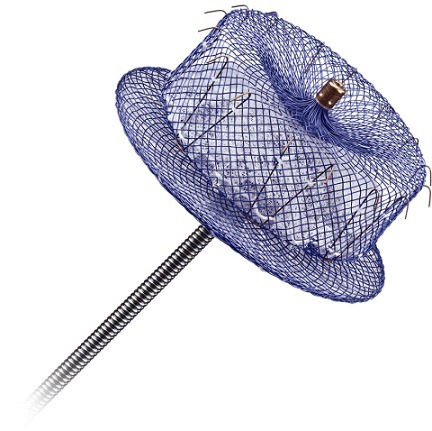
The St Jude Medical Amplatzer Amulet Investigational Device Exemption (IDE) trial, which will evaluate the safety and effectiveness of the company’s Amplatzer Amulet left atrial appendage occluder used to close the left atrial appendage (LAA) in patients diagnosed with non-valvular atrial fibrillation, has begun. The first implantation took place at North Mississippi Medical Center in Tupelo, USA by Jim Stone.
The Amplatzer Amulet occluder is designed to work by blocking the left atrial appendage at its opening, minimising the opportunity for blood clots to form and migrate into the bloodstream. This second-generation St Jude Medical device is built with a longer lobe and waist than the previous version and designed to allow for easier and more stable placement, which could result in shorter procedure times for patients. The device is also offered in eight sizes to accommodate varying anatomies.
“There is a real need within the US medical community for a left atrial appendage occluder that addresses a wider range of complex patient anatomies,” says Dhanunjaya Lakkireddy, professor of Medicine and the director of the Center for Excellence in Atrial Fibrillation and Complex Arrhythmias at the University of Kansas (Lawrence, USA). “The Amulet device has been used successfully in Europe, and I see this trial as the right step toward providing patients with atrial fibrillation the optimal level of care to further reduce the risk of stroke.”
The Amplatzer Amulet IDE trial is a randomised trial, which will enrol patients at up to 100 sites in the USA and an additional 50 sites internationally. Patients enrolled in the trial will be randomly assigned to receive either the St Jude Medical Amulet device or a US Food and Drug Administration-approved left atrial appendage closure device in the control arm of the study. Data collected across all trial sites will be used to support FDA-approval of the Amplatzer Amulet Occluder.
The device is CE mark-approved and available in Europe.









